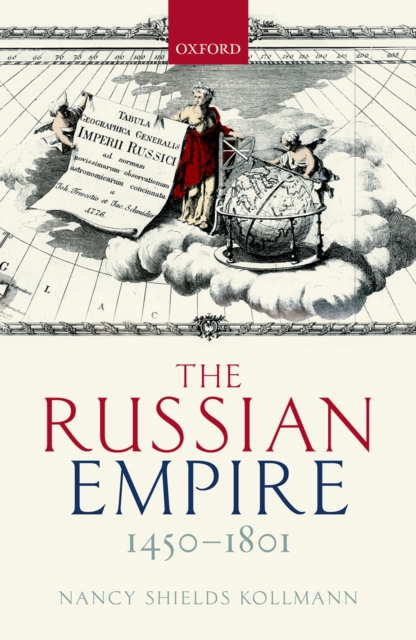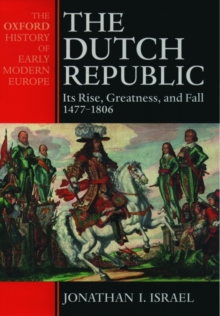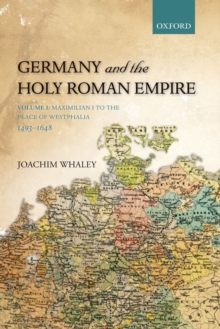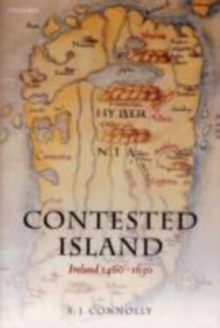
The Russian Empire 1450-1801 EPUB
by Nancy Shields Kollmann
Part of the Oxford History of Early Modern Europe series
EPUB
Description
Modern Russian identity and historical experience has been largely shaped by Russia's imperial past: an empire that was founded in the early modern era and endures in large part today.
The Russian Empire 1450-1801 surveys how the areas that made up the empire were conquered and how they were governed.
It considers the Russian empire a 'Eurasian empire', characterized by a 'politics of difference': the rulers and their elites at the center defined the state'sneeds minimally - with control over defense, criminal law, taxation, and mobilization of resources - and otherwise tolerated local religions, languages, cultures, elites, and institutions.
The center related to communities and religions vertically, according each a modicum of rights and autonomies, butdidn't allow horizontal connections across nobilities, townsmen, or other groups potentially with common interests to coalesce.
Thus, the Russian empire was multi-ethnic and multi-religious; Nancy Kollmann gives detailed attention to the major ethnic and religious groups, and surveys the government's strategies of governance - centralized bureaucracy, military reform, and a changed judicial system.
The volume pays particular attention to the dissemination of a supranational ideology ofpolitical legitimacy in a variety of media - written sources and primarily public ritual, painting, and particularly architecture.
Beginning with foundational features, such as geography, climate, demography, and geopolitical situation, The Russian Empire 1450-1801 explores the empire's primarily agrarianeconomy, serfdom, towns and trade, as well as the many religious groups - primarily Orthodoxy, Islam, and Buddhism.
It tracks the emergence of an 'Imperial nobility' and a national self-consciousness that was, by the end of the eighteenth century, distinctly imperial, embracing the diversity of the empire's many peoples and cultures.
Information
-
Download - Immediately Available
- Format:EPUB
- Pages:512 pages
- Publisher:OUP Oxford
- Publication Date:09/02/2017
- Category:
- ISBN:9780191082702
Other Formats
- PDF from £83.13
Information
-
Download - Immediately Available
- Format:EPUB
- Pages:512 pages
- Publisher:OUP Oxford
- Publication Date:09/02/2017
- Category:
- ISBN:9780191082702










